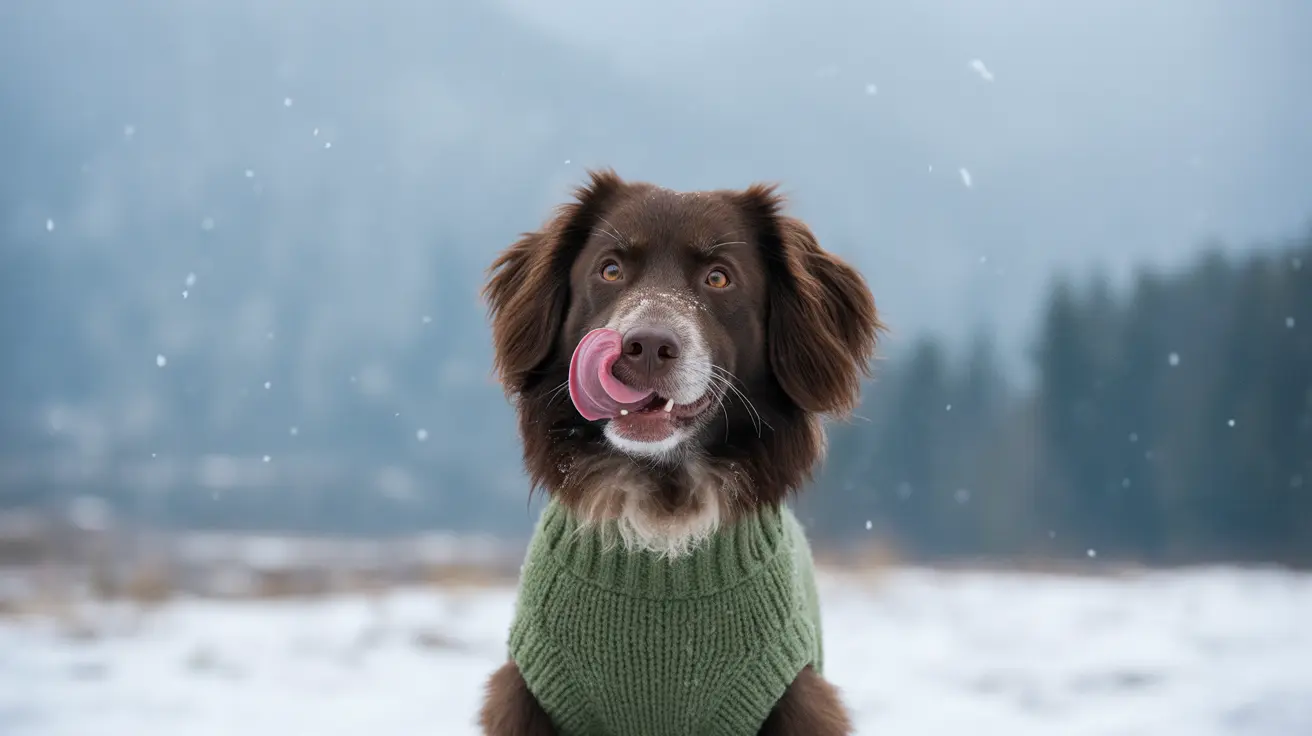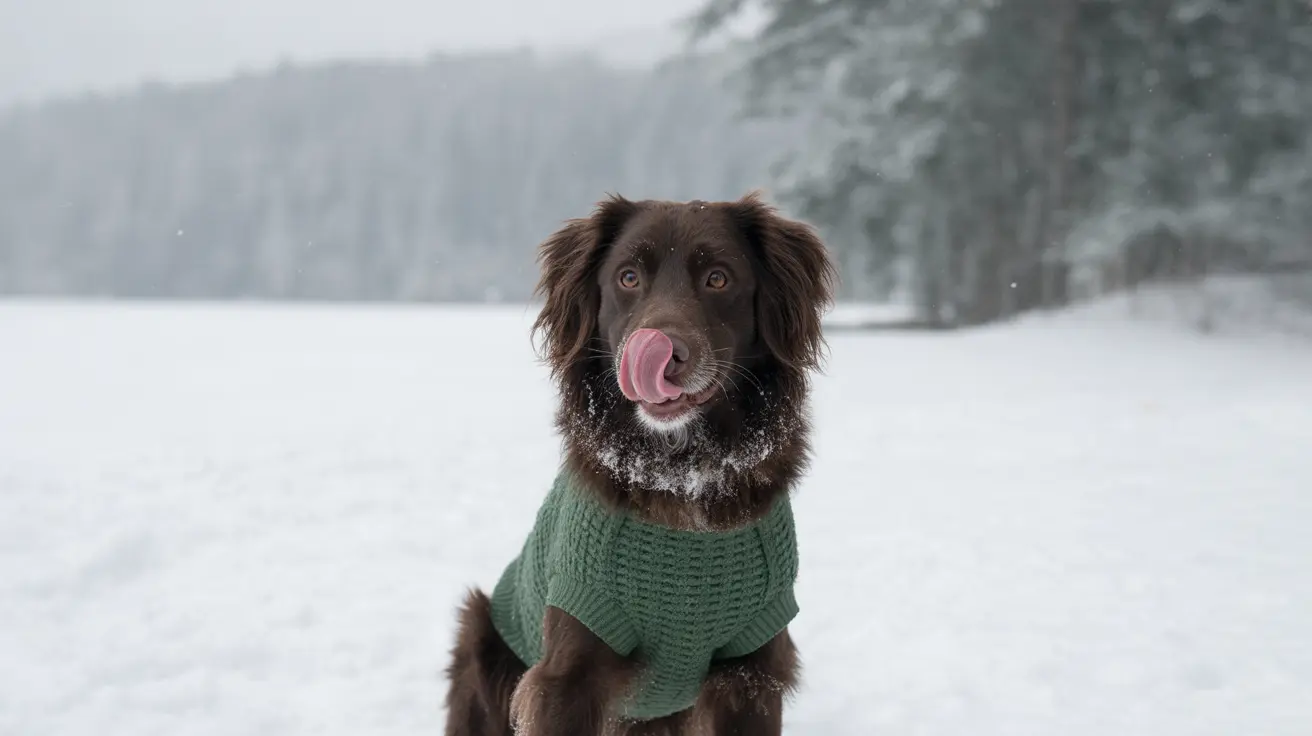When your dog develops colitis, it can be a concerning and uncomfortable experience for both pet and owner. This inflammation of the colon is a common digestive condition that affects many dogs, causing symptoms ranging from diarrhea to abdominal discomfort. Understanding the causes, recognizing the symptoms, and knowing when to seek veterinary care are crucial for managing this condition effectively.
As responsible pet owners, it's essential to be informed about colitis in dogs, as early intervention can lead to better outcomes and prevent complications. This comprehensive guide will walk you through everything you need to know about this common canine condition.
Common Causes of Colitis in Dogs
Colitis can develop from various triggers, ranging from simple dietary indiscretion to more complex underlying health issues. The most frequent causes include:
- Stress from boarding, moving, or changes in routine
- Dietary issues (eating spoiled food or sudden diet changes)
- Parasitic infections (particularly whipworms and giardia)
- Bacterial or fungal infections
- Food allergies or sensitivities
- Inflammatory bowel disease (IBD)
Recognizing the Signs and Symptoms
Early detection of colitis symptoms can help ensure prompt treatment. Watch for these common indicators:
- Frequent, urgent diarrhea
- Mucus or bright red blood in stool
- Straining during defecation
- Increased frequency of bowel movements
- Abdominal pain or discomfort
- Gas and flatulence
- Changes in appetite
Diagnosis and Veterinary Assessment
When you suspect your dog has colitis, your veterinarian will typically perform several diagnostic steps:
- Physical examination
- Detailed medical history review
- Stool sample analysis
- Blood tests to check for underlying conditions
- Possibly X-rays or ultrasound in more complex cases
Treatment Approaches and Management
Treatment for colitis in dogs typically involves a multi-faceted approach:
Immediate Interventions
- Brief fasting period (under veterinary guidance)
- Gradual introduction of bland, easily digestible food
- Increased water intake to prevent dehydration
Long-term Management
- Dietary modifications (high-fiber, low-fat options)
- Probiotics and digestive supplements
- Treatment of underlying conditions
- Regular veterinary monitoring
Prevention and Ongoing Care
While not all cases of colitis can be prevented, certain measures can reduce the risk:
- Maintain a consistent, high-quality diet
- Avoid giving table scraps or garbage access
- Regular deworming and parasite prevention
- Stress reduction strategies
- Regular veterinary check-ups
Frequently Asked Questions
What are the common causes and risk factors for colitis in dogs?
Colitis can be triggered by stress, dietary indiscretion, parasites, infections, allergies, or underlying health conditions. Some breeds, like Boxers and French Bulldogs, may be more susceptible to certain forms of colitis.
What signs and symptoms indicate my dog might have colitis?
Key indicators include frequent diarrhea (often with mucus or blood), straining during defecation, increased urgency to defecate, and abdominal discomfort. You might also notice changes in appetite and energy levels.
How do veterinarians diagnose colitis in dogs and identify its underlying cause?
Veterinarians use a combination of physical examination, stool analysis, blood tests, and possibly imaging studies. They may also recommend food trials to identify potential allergies or sensitivities.
What are the most effective treatment options and dietary changes for managing colitis in dogs?
Treatment typically includes dietary modification, probiotics, and addressing underlying causes. Some dogs may need medication such as anti-inflammatories or antibiotics, depending on the cause.
Can colitis in dogs be prevented, and how can I reduce the chances of recurrence?
While not all cases can be prevented, maintaining a consistent diet, avoiding sudden food changes, managing stress, and regular preventive care can help reduce the risk of colitis and its recurrence.
Understanding and properly managing colitis in dogs is crucial for their health and comfort. If you notice any symptoms of colitis in your dog, consult with your veterinarian for proper diagnosis and treatment. With appropriate care and management, most dogs with colitis can lead happy, comfortable lives.






